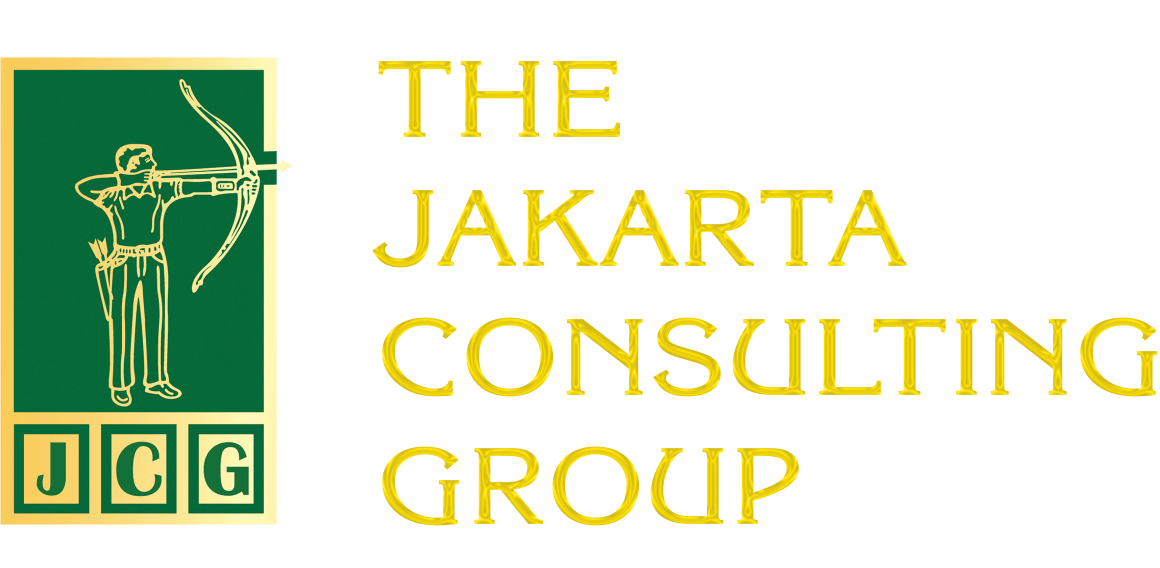Cultural Fit vs. Skill Sets: Choosing the Right Candidate for Local Entrepreneurs. Mr. Doni is a well-known restaurant owner in an area. People are attracted to his restaurant because of the local cultural nuances it carries. Starting from the food, the dress style of waiters and employees, building design, background music, and so on.
In order to expand, Mr. Doni wants to recruit a new restaurant manager. His duties and responsibilities are to train new employees, manage daily operational activities, and of course serve customers as well as possible so that they have a pleasant experience. There were two candidates who made it to the final stage of selection, Edi and Ali.
Cultural Fit vs. Skill Sets: Choosing the Right Candidate for Local Entrepreneurs
Edi has over a year of experience in fast-food restaurants that are world-renowned. Surely, he understands the ins and outs of modern restaurant management. In addition, he had participated in training abroad. However, his understanding of local culture and customs is not deep. His communication style is formal and tends to be stiff.
Meanwhile, Ali’s experience is not as “global.” As Edi. His current position is head waiter at a fast food restaurant as well. In terms of administration, technology and systems, he is as strong as Edi. However, being born and raised in the same area as Mr. Doni, his understanding of the local culture is much better than Edi’s.
If you choose Edi, the restaurant will be more modern. However, the restaurant risks losing its traditional spirit. The local character may fade away. Not to mention the potential turmoil experienced by employees because they have to work in new ways, even against their values and traditions. Meanwhile, if you choose Ali, the restaurant’s distinctive characteristics will be maintained. However, modernization and efficiency would be a challenge, so Pak Doni would have to provide additional training.
Finally, Mr. Doni decided to hire Ali. For him, the nuances of local culture must be maintained because this is the source of his restaurant’s competitive advantage. To make restaurant management more modern, in addition to training, appropriate technology is needed.
Local entrepreneurs, like Mr. Doni’s story above, often face a dilemma between prioritizing cultural fit or skill set. Which one should be prioritized?
Let’s first clarify cultural fit. Cultural fit is realized when prospective employees have values and work styles that are in line with the company’s vision, mission, and values. Cultural fit includes personality, their approach to work, interaction with others, and adaptation to local culture and customs. Do not let a prospective employee’s lack of understanding of the local culture cause tension among employees and with local customers.
Meanwhile, a skill set is a set of abilities, knowledge, and competencies that a person has. These skill sets can be learned through various means, including education, training, life experience and practice. Skills are typically used to perform specific tasks or functions, and can be applied in a variety of contexts, such as work, life tasks, and hobbies.
For local entrepreneurs, cultural mismatches have serious repercussions. Team cohesion breaks down. The work atmosphere becomes uncomfortable. As a result, productivity, even company operations, can suffer. Therefore, cultural fit is important for successful teamwork, employee commitment, and adaptability. Employees who fit the local and company culture are easier to work with. The work process is smoother. Work results are more satisfying. Employees will feel at home working for a company whose values and culture align with their own. They will think twice about leaving. For the company, this saves on recruitment and training costs. Employees in a small local company will be juggling multiple tasks at once. This is not easy. But if the culture and customs match, these employees will be eager to work.
One company that faithfully maintains local cultural colors is Air New Zealand, New Zealand’s national airline. Air New Zealand is heavily inspired by the Maori culture, the indigenous people of New Zealand. Aircraft interior design, crew uniforms, and safety videos often feature elements of Māori culture, including language and art. There is also Manaakitanga. It means expressing kindness and respect to others, emphasizing responsibility and reciprocity. It’s about hospitality and caring for others. Air New Zealand pays great attention to sustainability. This is in line with the character of New Zealanders who are very concerned about environmental sustainability. It is no wonder that in recruitment, the airline, which was founded in 1940, is always looking for candidates who are able to express the value of hospitality and respect for local cultural heritage in service.
In order to move forward, companies should not be fixated on local cultural sentiments alone. By diversifying employees’ skill sets, the company can save time and money as talents can be directly utilized to boost performance. Not only that, the company also survives in the midst of competition. Compared to cultural fit, skill sets are easier to measure. Measurement can be done through tests, referring to work experience, or education and certifications that have been obtained. In other words, skill sets are more objective.
Can’t be Clashed
Cultural fit and skill set should not be clashed. Both are important. The key is to find a balance. How to do this? Before hiring, determine the things that must not be missing in both. In cultural fit, the must-have is an understanding of the local culture. For skill set, determine the type of skills that the candidate must have. If even one is not met, the candidate is certainly considered unqualified. Furthermore, behavioral questions can reveal whether a candidate is aligned with the company culture. For example, the interviewer may ask the candidate to tell what he/she did when he/she had to adapt to the company culture.
If it is “everything” because the company is attached to a certain regional culture, as in the case of Mr. Doni above, cultural fit may take precedence even if skills, experience, and technical knowledge are not prominent. However, with an important caveat: the candidate must have a strong ability to learn. The company must facilitate this learning process. The goal is of course to improve the employee’s competence.
Cultural Fit vs. Skill Sets: Choosing the Right Candidate for Local Entrepreneurs
Category: Organization Development & Behavior
#cultural fit #skill set #cohesion #Air New Zealand
Related Posts:
Cultural Fit vs. Skill Sets: Choosing the Right Candidate for Local Entrepreneurs
After Deciding to Resign
Post-election 2024; Time for the Business World to Prepare New Strategies
Celebrating Small Wins
Inspiring Stories of Local Entrepreneurs: From Washerman to Bali’s Souvenir King: Ajik Krisna’s Inspiring Story











